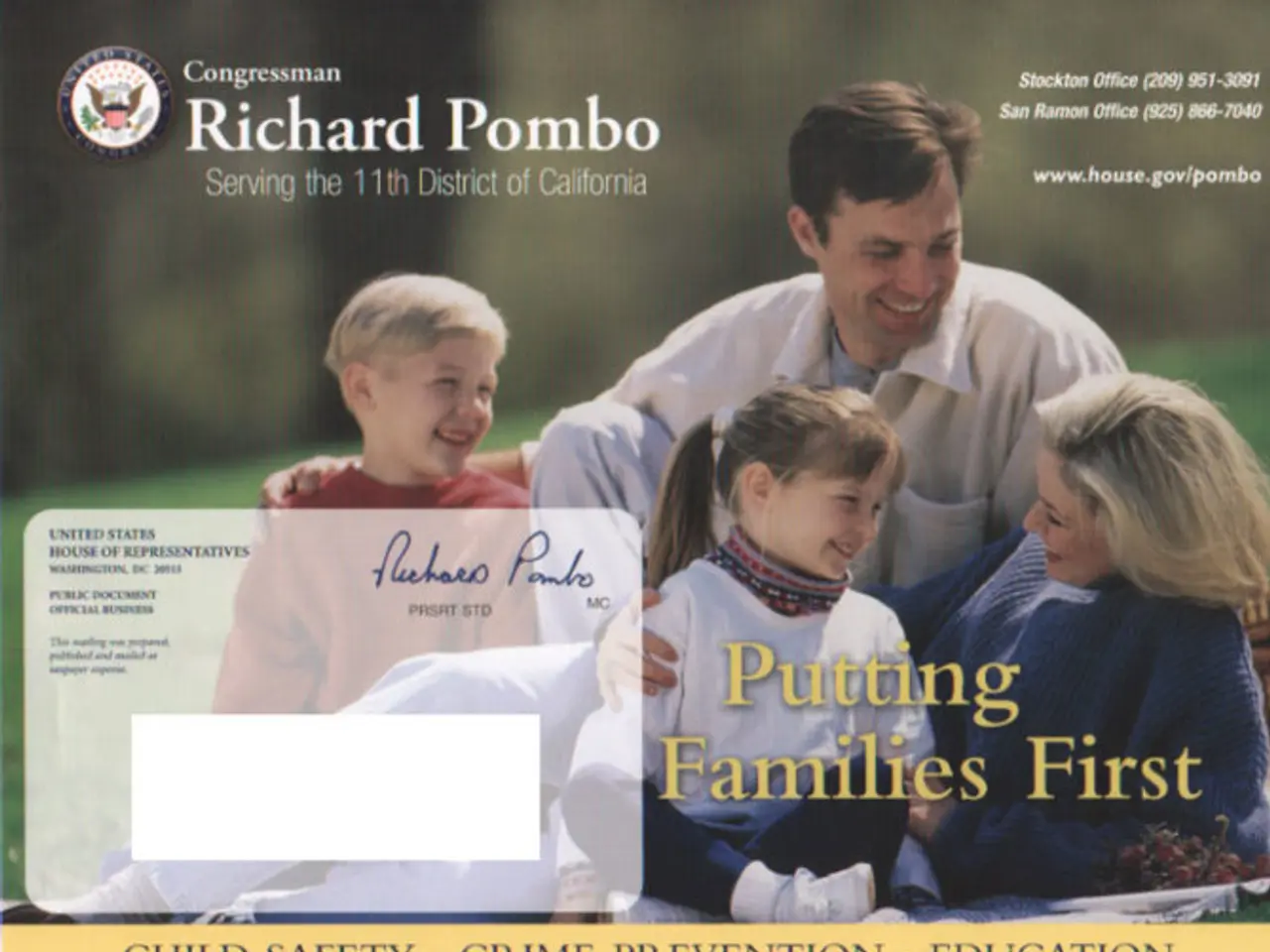Updates to the U.S. Tax Code, also known as the Internal Revenue Code
By Rob Holcomb, ABM News' Educator
The One Big Beautiful Bill Act (OBBBA), signed into law on July 4, 2025, is a significant development in the world of taxation. The new law, officially known as "An Act to provide for reconciliation pursuant to title II of H. Con. Res. 14," makes numerous revisions to the Internal Revenue Code.
One of the key aspects of the OBBBA is the permanent extension of the seven individual and trust tax rates established by the 2017 Tax Cuts and Jobs Act (TCJA). These rates include 10%, 12%, 22%, 24%, 32%, 35%, and 37%. Additionally, the income threshold at which the 22% bracket begins will see a slight adjustment from 2026, due to an extra year of inflation adjustment for the 10% and 12% brackets [3].
Another significant change is the increase in the standard deduction amounts for 2025. Compared to the TCJA, the new amounts are as follows: - Single or Married Filing Separately: $15,750 - Head of Household: $23,625 - Married Filing Jointly or Qualifying Surviving Spouse: $31,500 [2]
Personal exemptions, however, remain eliminated permanently for individuals, spouses, and dependents, except for certain seniors who may qualify for specific additional deductions [2].
The OBBBA also makes permanent the 100% first-year bonus depreciation provision, which allows businesses to fully expense qualified property immediately [4]. While exact 2025 dollar limits for Section 179 expensing are not specified explicitly in the available sources, the Act makes permanent key TCJA expensing provisions, so Section 179 limits remain at their post-TCJA levels, including the expanded dollar limits and eligibility rules [4].
Additional noteworthy tax changes include the new "no tax on tips" deduction capped at $25,000 with phaseouts for higher earners, and the permanent elimination of miscellaneous itemized deductions [1][2].
For more detailed information about the OBBBA, the University of Minnesota will provide a summary later this summer on their website, and they will also address the components of this new legislation at their Fall Tax Schools. The Internal Revenue Service's website can be found at www.irs.gov, while the TaxBook News is published by Tax Materials, Inc. The National Association of Tax Professionals' website is NATP.com. A thorough overview of the new tax legislation is also available from Iowa State University's Center for Agricultural Law and Taxation (CALT).
[1] ABM News, "OBBBA: What You Need to Know About the One Big Beautiful Bill Act," 5 July 2025. [2] University of Minnesota, "OBBBA: A Detailed Summary of the New Tax Legislation," 15 July 2025. [3] Tax Materials, Inc., "OBBBA: A Comprehensive Guide to the Updated Tax Rates," 10 July 2025. [4] Iowa State University, Center for Agricultural Law and Taxation, "OBBBA: Understanding the Changes in Bonus Depreciation and Section 179 Expensing," 20 July 2025.
Investing in personal-finance strategies could be beneficial for individuals given the permanent extension of the seven individual and trust tax rates in the One Big Beautiful Bill Act (OBBBA), signed into law on July 4, 2025. Businesses, on the other hand, might findopportunities with the permanent 100% first-year bonus depreciation provision in the OBBBA.




